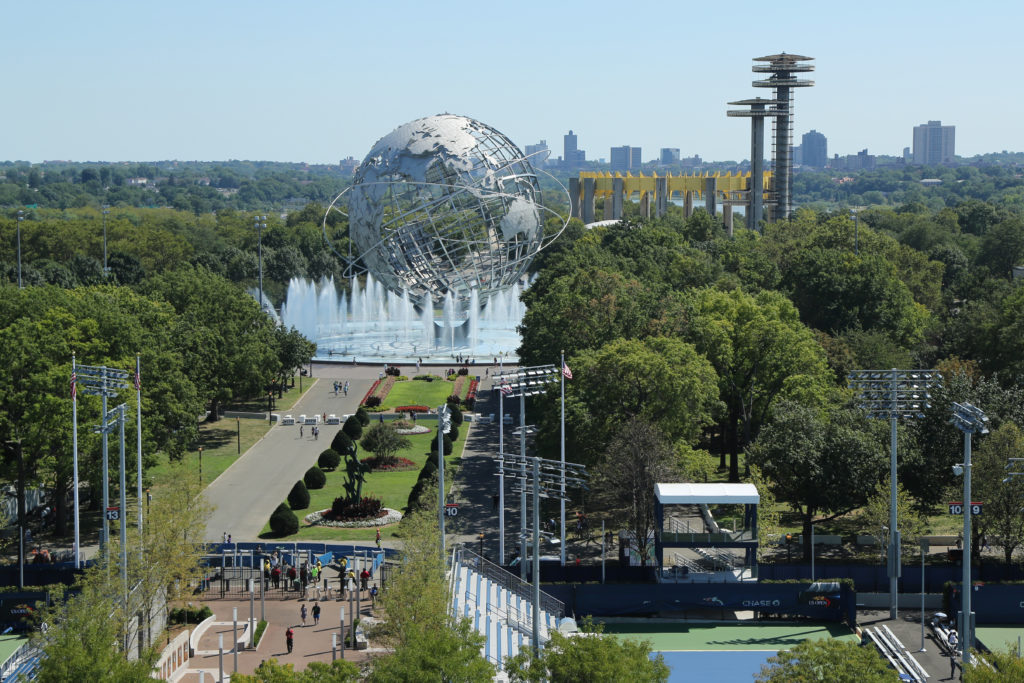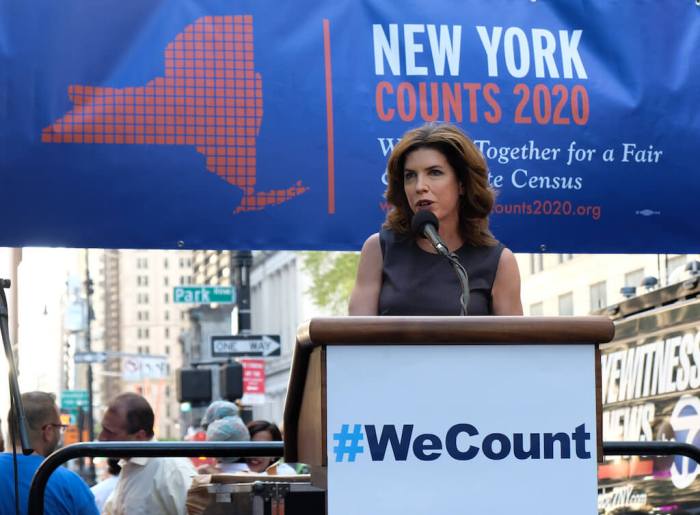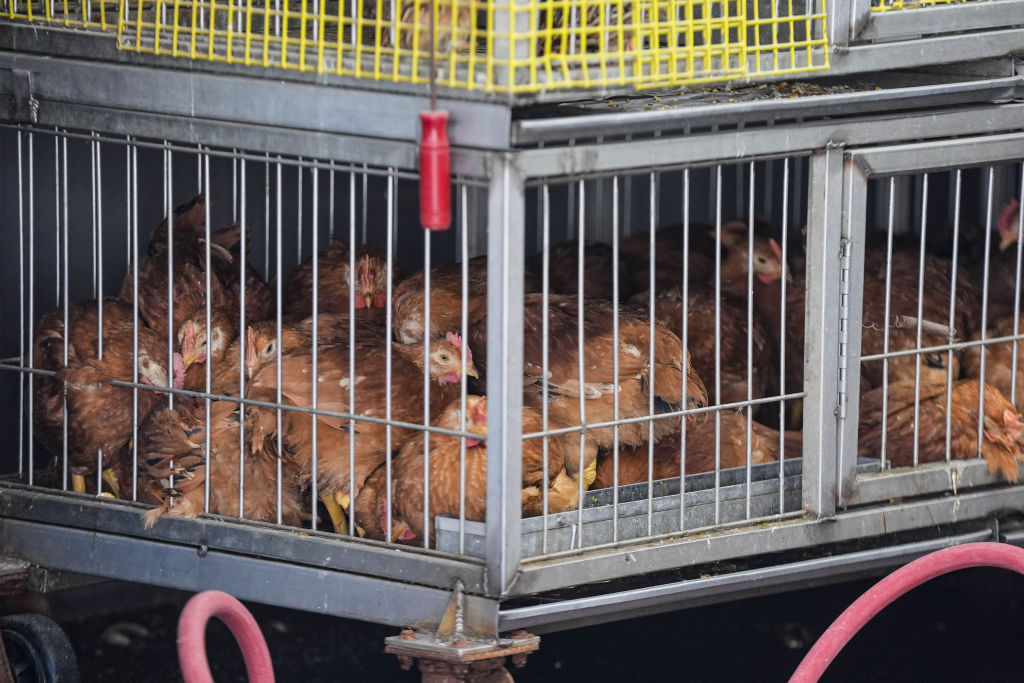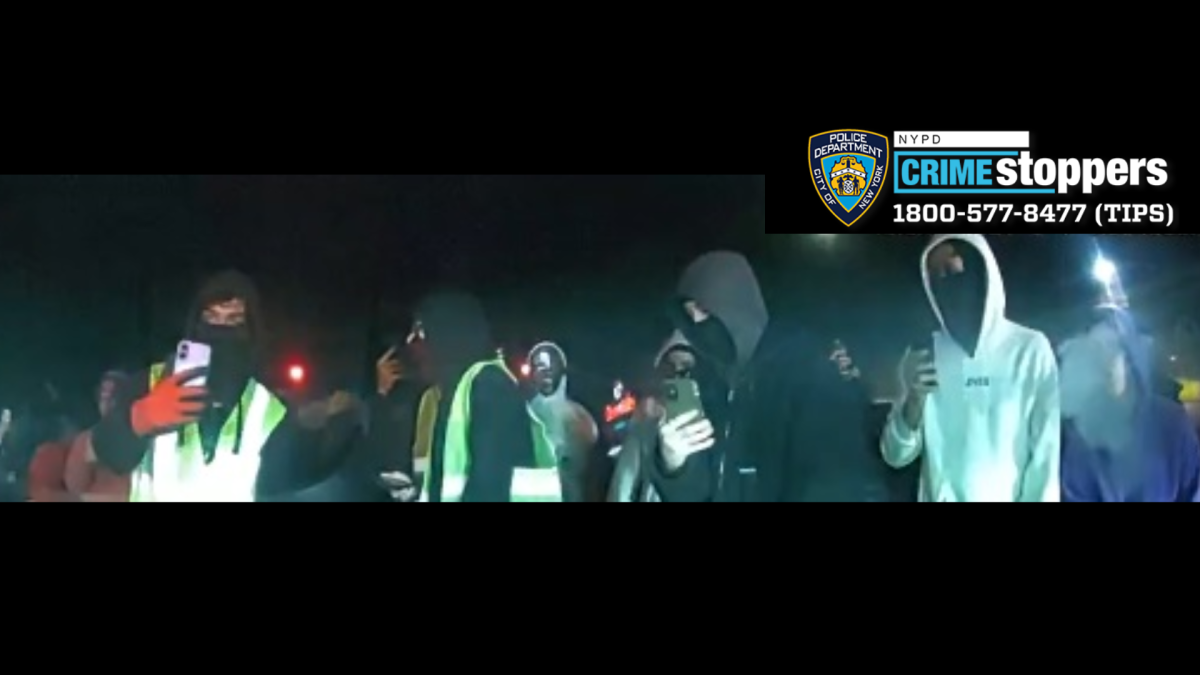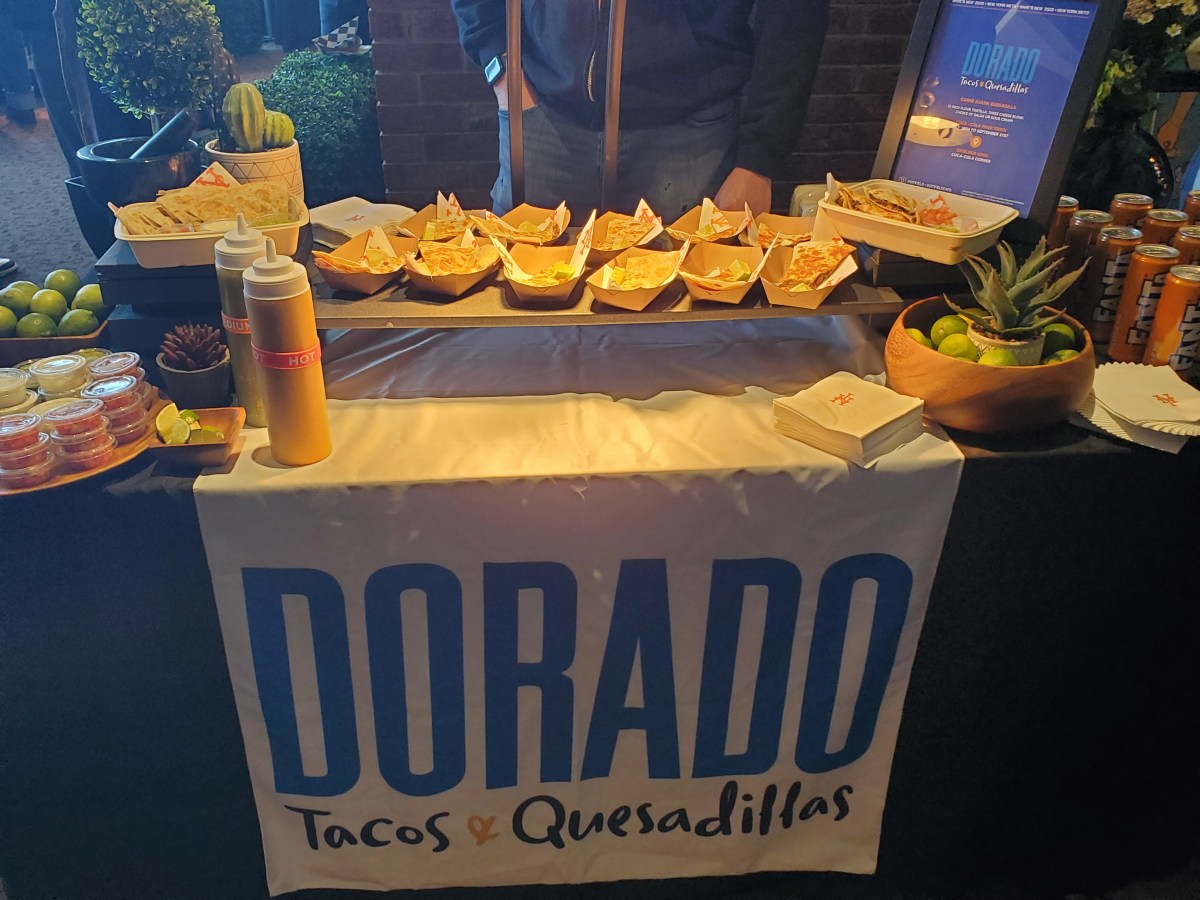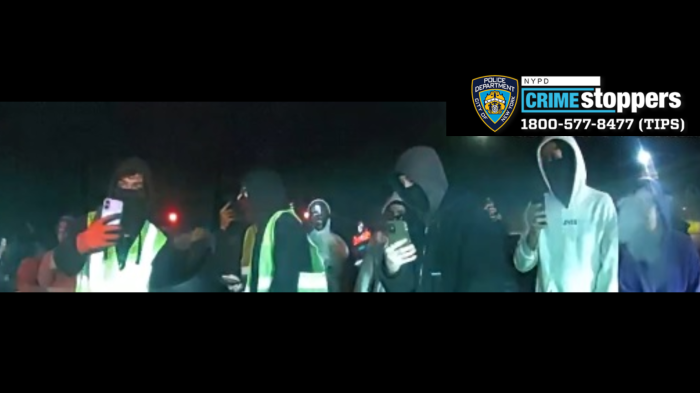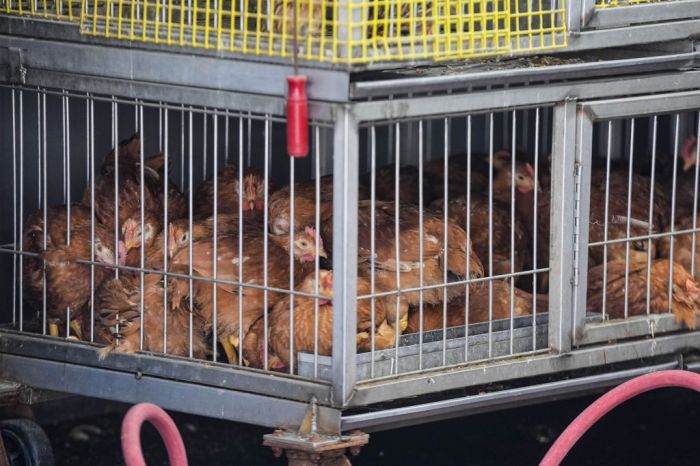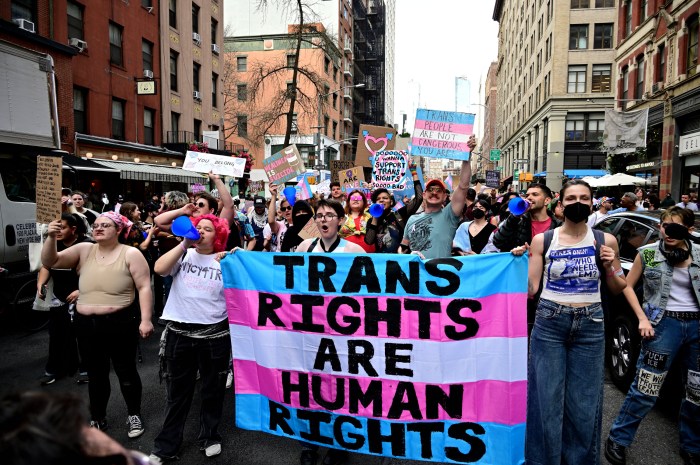When my family and I moved to the United States 23 years ago from Santiago, Chile, it was difficult to find an affordable home for us, especially in a safe neighborhood with good schools. As is the case for many newcomers, the only suitable home we could find in our budget was a basement apartment, rented from a fellow immigrant family looking to make some supplemental income from underutilized space in their house. The basement apartment gave my family an opportunity to gain our footing as we started our new lives in America, but the fact that it was illegal always left us on edge.
My family’s story highlights a major issue facing Queens, New York City, and the entire state as a whole – it’s just far too difficult to find quality housing that working-class families can afford. For apartments renting for less than $2,400, the vacancy rate is less than 1%, the lowest it has been in decades. For many families, including mine, the only options are illegal basement rentals, which usually lack the most basic safety measures and prevent folks from having the tenant protections to which New Yorkers are usually entitled.
I know firsthand the struggle of finding a good place to live in the city. If Queens wants to continue to be one of the best places to live in the country, we need to build more housing and make it more accessible to everyone. With the City of Yes plan, we have the chance to do just that.
City of Yes, part of Mayor Adams’ plan to create a more inclusive New York, offers a plethora of ways to help increase the level and quality of housing in Queens and make it a more affordable and welcoming place for immigrants, domestic violence survivors, and everyone else who wants to make the World’s Borough their home. One of the most impactful ways to do that is to legalize and expand accessory dwelling units (ADUs) like backyard cottages, granny flats, and basement apartments, just like the one my family and I lived in when we moved to New York.
Allowing communities to introduce ADUs can help homeowners develop new revenue streams and mitigate their rising expenses, especially older New York residents with limited income but available space in their home. This strategy is beneficial for everyone, as homeowners get extra cash and families looking to move to Queens have even more safe options when it comes to finding an affordable home. In 2021, eleven Queens residents perished in their basement apartments when Hurricane Ida’s heavy rainfall overwhelmed the sewer system and flooded their homes. With countless unregulated ADUs already across Queens, legalizing this type of development would give added protection to the homeowners and renters alike when the next storm and flash floods put their lives at risk.
But ADU legalization alone is not the only reform that would help make Queens a more inviting borough to live in – increasing town center zoning and transit-oriented development would be hugely beneficial to our communities. Across Queens, there are dozens of vibrant streets and commercial corridors that are the bedrocks of our neighborhoods, and yet it has been exceptionally difficult to build more mixed-use buildings in these areas since the 1950s. By relegalizing this type of mixed-use development, Queens could create both much-needed new housing and opportunities for small, community-oriented businesses to thrive.
Just like with mixed-use housing along commercial corridors, building new multifamily homes in the vicinity of mass transit like subway stops has been essentially illegal since the 1950s – this must change. Large lots within walking distance of public transit are obvious solutions for our housing crisis, as these centrally located homes would make it easier for our neighbors to get to work across the city, lower our dependence on cars, and help reduce emission and make New York a cleaner and healthier city for everyone. We should institute the City of Yes plan to make this a reality.
I know the struggle of finding an affordable places in New York to live, a struggle that thousands of other working-class families, immigrants, and domestic violence survivors face every day. Now, we have a chance to rectify these issues and make Queens a stronger borough that can be a home to everyone, no matter their income level. I strongly urge my Council Member, Lynn Schulman, along with every other member of the City Council, to quickly pass City of Yes into law.
Gabriela Sandoval Requena is a Queens resident and the Director of Policy and Communication at New Destiny Housing, the City’s only organization dedicated to creating housing for domestic violence survivors.
Read More: https://www.amny.com/oped/



